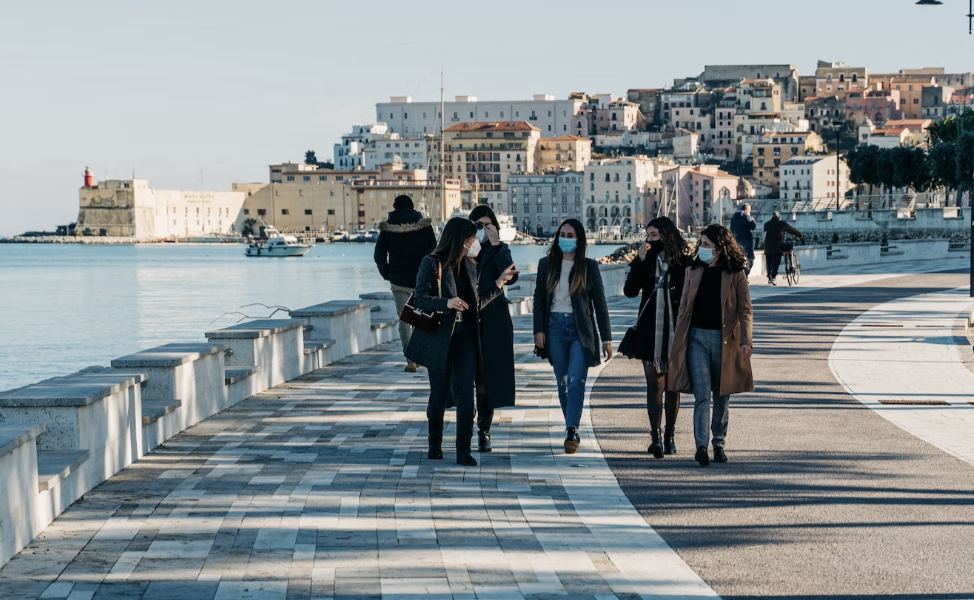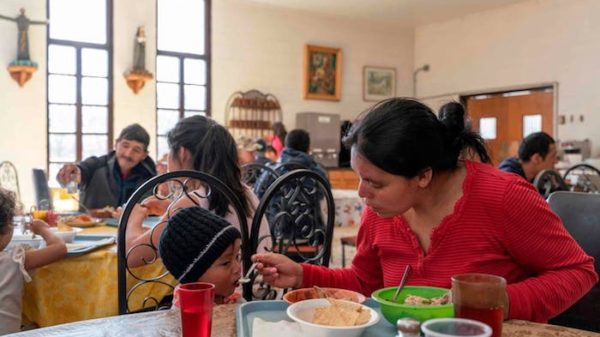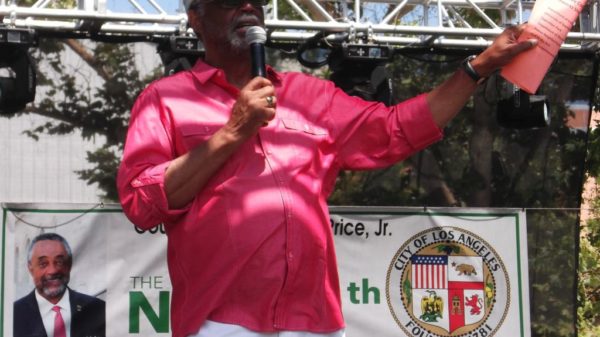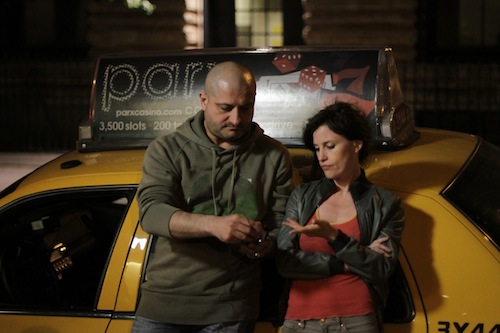During the Covid-19 pandemic, the impact on the tourism industry was severe, with most countries implementing travel restrictions and lockdown measures to curb the spread of the virus. The United Nations estimates that the global tourism sector suffered a staggering $2 trillion in lost revenue in 2021 alone, highlighting the magnitude of the crisis.
However, as the world gradually emerges from the pandemic, there are hopeful signs of recovery in the tourism sector. It is projected that tourism will experience a significant increase of 30% this summer compared to pre-pandemic levels. While a full recovery is not expected until 2027, this surge in tourism activity provides a glimmer of hope for the industry’s revival.
Despite the challenges faced by many popular tourist destinations, cities such as New York, San Francisco, and Los Angeles continue to be among the top five destinations on travelers’ lists. This resilience can be attributed to their enduring allure and iconic status, despite the issues they face, such as street crime and homelessness.
The Ethnic Media Services (EMS) briefing brought together a panel of experts to discuss key questions about the future of tourism. Among the distinguished speakers were Cassandra Costello, the Executive Vice President of the San Francisco Travel Association; James Altucher, a renowned podcaster and author known for his commentary on urban issues; Dr. Frederick Dimanche, an expert in tourism; and Luliana Popa, who presented her research on the impact of job losses on hospitality workers during the pandemic.
Dr. Jean-Pierre Dimanche, in his presentation, emphasized the profound effect of the Covid-19 pandemic on the tourism industry. With borders closed and safety concerns escalating, tourist arrivals plummeted, resulting in a significant decline in revenue for the sector. However, as vaccination efforts progress and travel restrictions ease, there are early signs of recovery.
Dr. Dimanche stressed the importance of adaptability in the face of an evolving landscape. He highlighted the need for tourism stakeholders to embrace digital transformation, utilizing technology to enhance the visitor experience and streamline operations. Contactless check-ins and virtual tours were cited as examples of how destinations can create a safer and more convenient environment for travelers. Additionally, Dr. Dimanche emphasized that health and safety measures should remain a top priority to restore traveler confidence. Stringent sanitation protocols and adherence to health guidelines will be critical in rebuilding trust within the industry.
Cassandra Thompson, with her expertise in popular tourist destinations, provided valuable insights into the challenges faced by cities like New York City and San Francisco. These cities experienced a sharp decline in tourism, resulting in economic hardships and reduced tax revenues. Thompson also highlighted the outflow of population from New York City, a trend observed in other parts of the country, including California. The shift in population raises concerns about the future viability of these cities and the need for revitalization efforts.
However, Thompson also acknowledged that the dispersal of talent and opportunities to other cities can have positive implications for the overall development of the country. As individuals seek alternative locations with lower costs of living and a better quality of life, regions like Texas and Florida have emerged as beneficiaries of this population shift. The decentralization of talent and economic opportunities can lead to a more balanced and resilient national landscape.
James Altucher, known for his commentary on urban issues, shared his perspective on the decline of New York City and other urban centers. While acknowledging the attention and backlash his previous article received, where he proclaimed “New York City Is Dead Forever,” Altucher reaffirmed his concerns regarding the long-term consequences of the pandemic and associated lockdowns. He pointed out the decline in New York City’s population, resulting in a net outflow of residents to states like Texas and Florida, which offer lower tax rates, favorable weather, and a lower cost of living. Altucher contended that while specific cities face significant challenges, the dispersion of opportunities and talent throughout the country can be seen as a positive development for the United States as a whole.
Luliana Popa, along with her co-author Dr. Juan Madera, presented their research on the impact of job losses on hospitality workers during the pandemic. Their study aimed to understand the emotional factors contributing to the ongoing shortage of hospitality workers. By examining the emotions of fear and anger experienced by employees who were laid off or furloughed, they sought to uncover the underlying causes of workforce shortages in the industry.
The research findings revealed that anger played a significant role in employees’ intentions to change careers or leave the industry altogether. Those who experienced heightened anger in response to job elimination or indefinite furloughs were more likely to consider alternative career paths. This suggests that the emotional toll of job loss during the pandemic has contributed to the ongoing shortage of hospitality workers.
Popa and Madera’s research underscores the need for targeted support and interventions to address the emotional well-being of hospitality workers. Initiatives such as providing resources for career transition, implementing retraining programs, and offering mental health support can help mitigate the industry’s labor shortage and support the recovery of the tourism sector.
In conclusion, the Ethnic Media Services (EMS) briefing on the Future of Tourism provided in-depth insights into the challenges and opportunities faced by the industry. From adapting to the evolving landscape and prioritizing health and safety measures to understanding the population shifts and emotional toll on hospitality workers, stakeholders must navigate these complexities to foster a resilient and sustainable future for tourism. Collaboration, innovation, and an unwavering commitment to rebuilding trust will be crucial in shaping the post-pandemic tourism landscape. By embracing these principles and addressing the unique needs of the industry, the path to recovery can be paved, setting the stage for a vibrant and thriving tourism sector once again.
#Tourism #Surges #PostPandemic #Trend #Growth #Resurgence #Travel #Recovery #Global #Industry #COVID19 #PandemicImpact #Vaccination #Borders #DigitalTransformation #VisitorExperience #SafetyMeasures #EconomicHardships #TaxRevenues #PopulationShift #UrbanCenters #NewYorkCity #SanFrancisco #AlternativeLocations #TalentDispersion #EconomicOpportunities #JobLosses #HospitalityWorkers #EmotionalFactors #LaborShortage #Support #Collaboration #Innovation #RebuildingTrust #SustainableFuture










